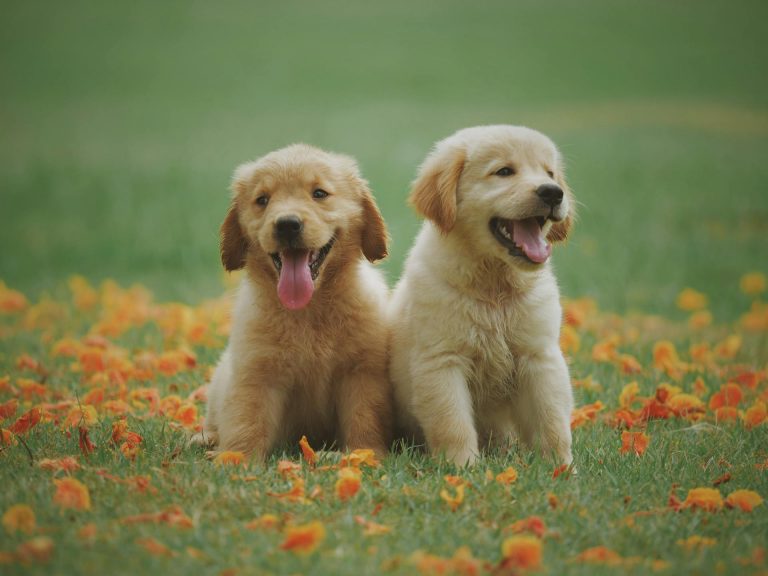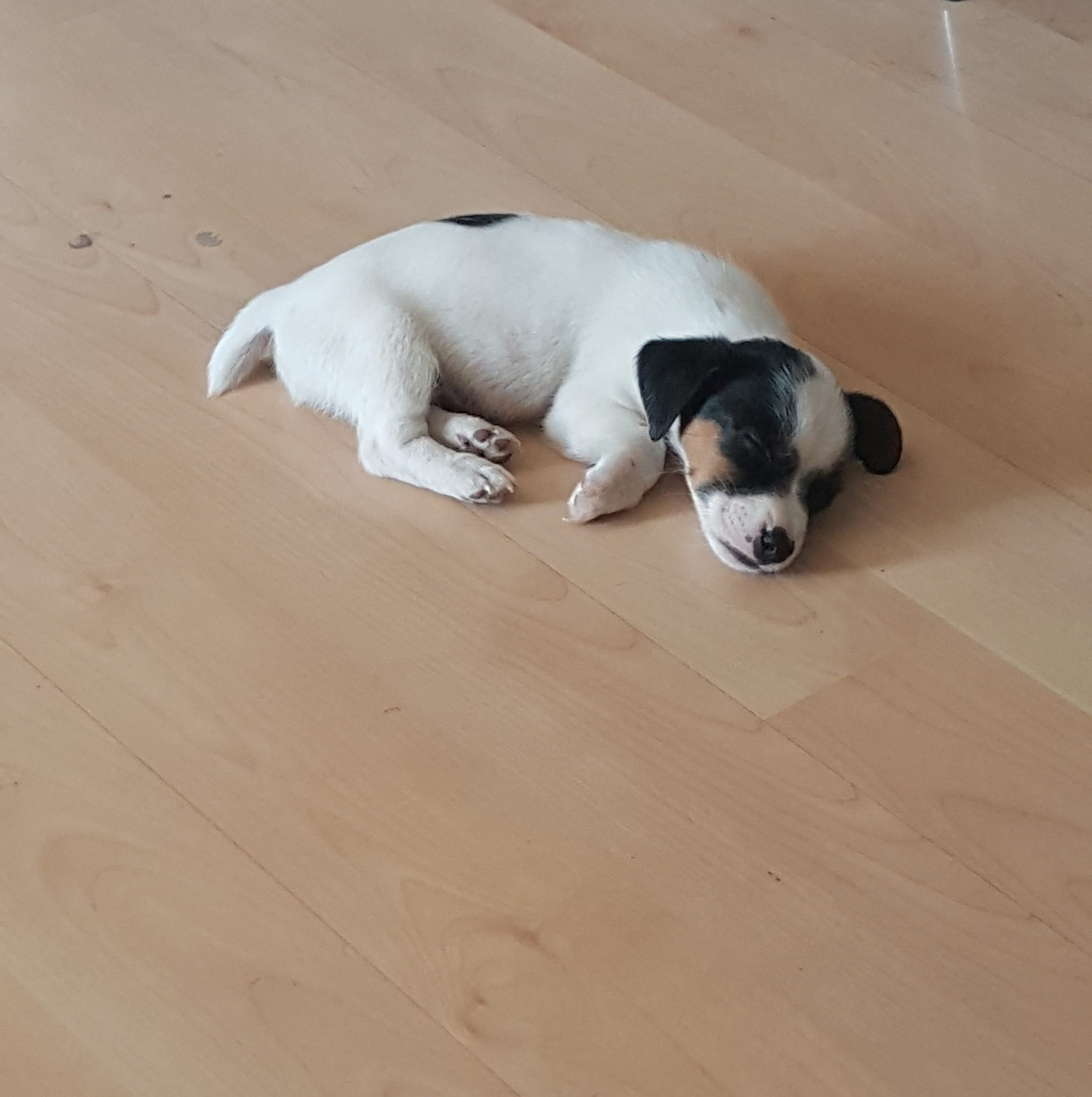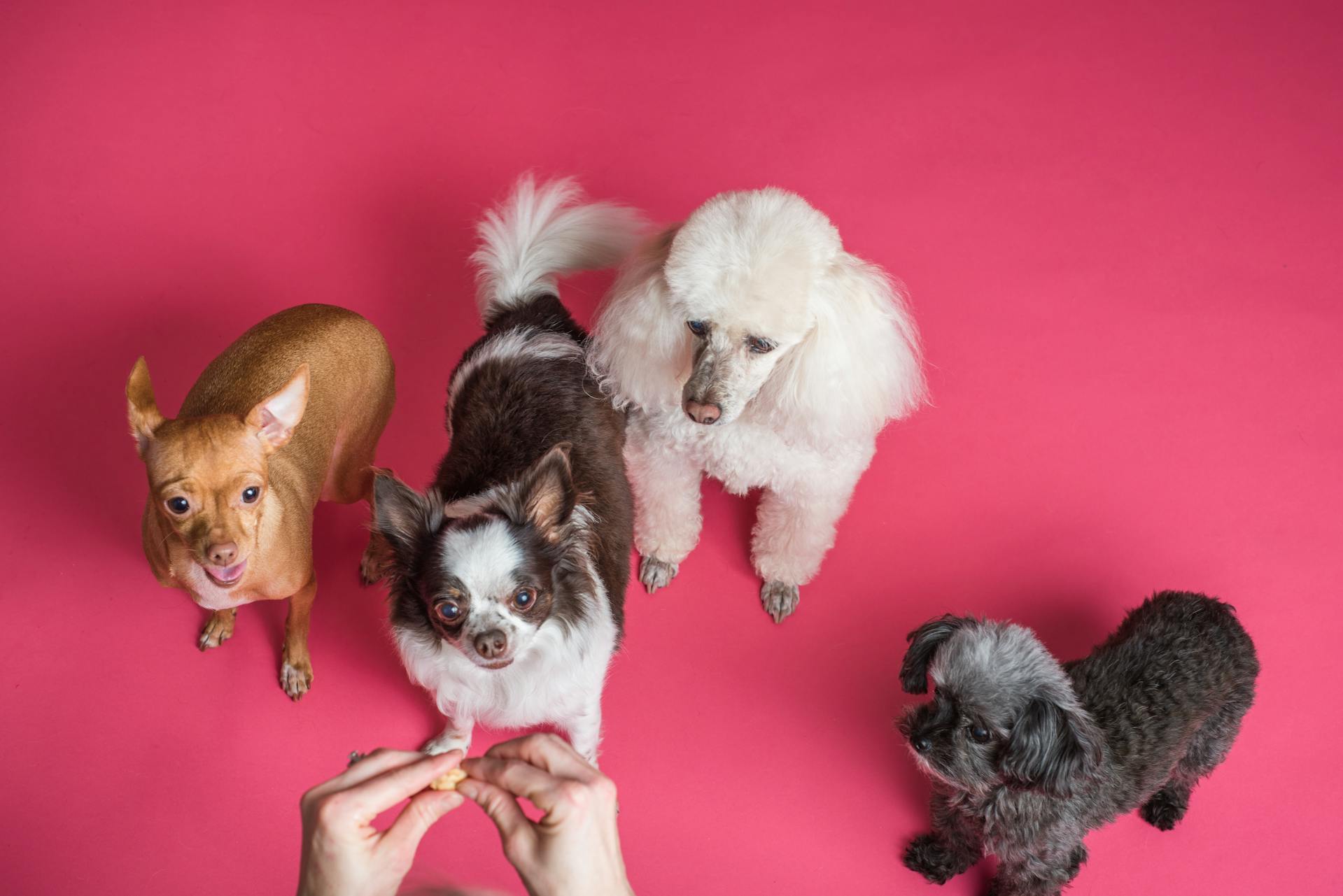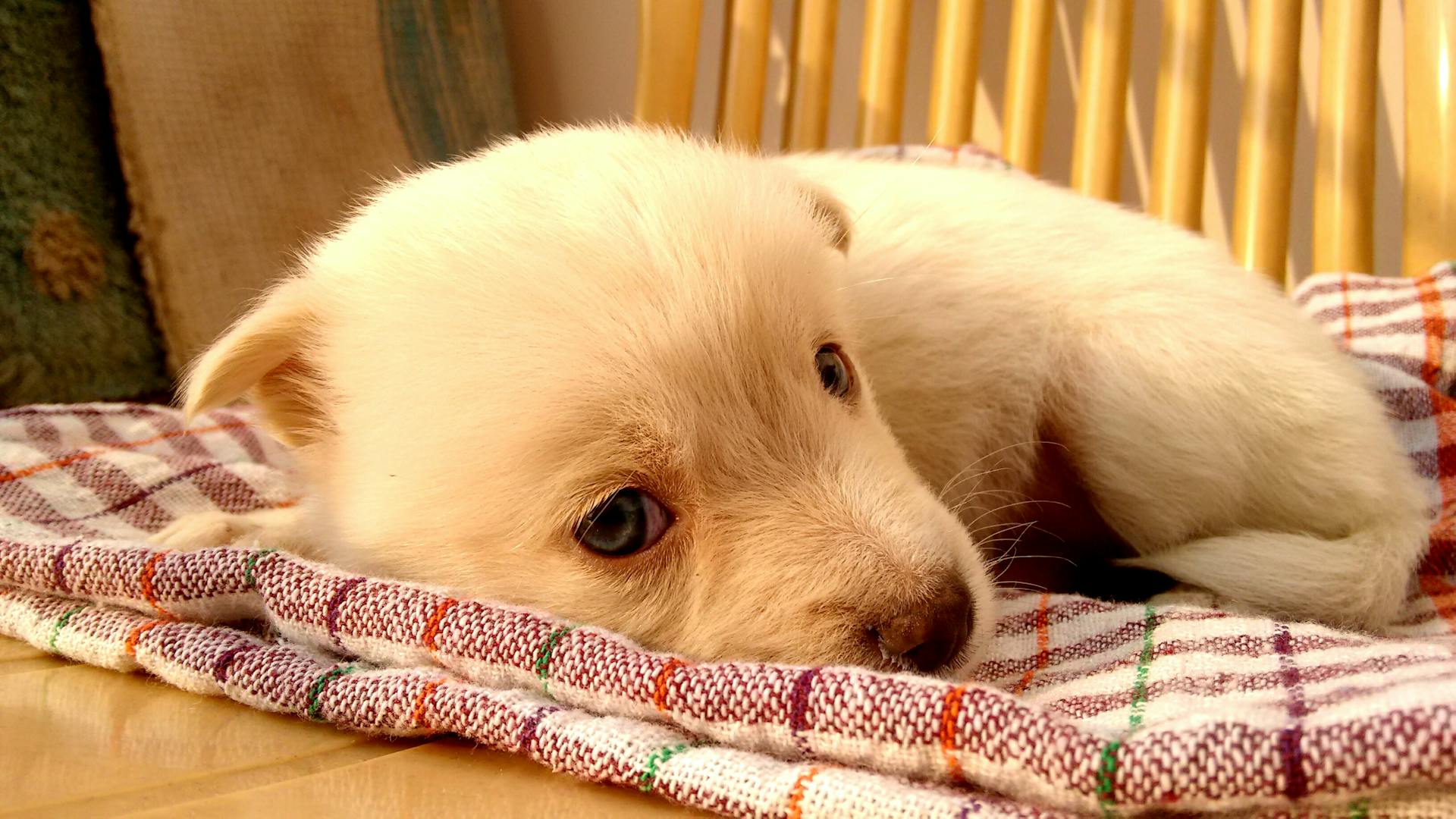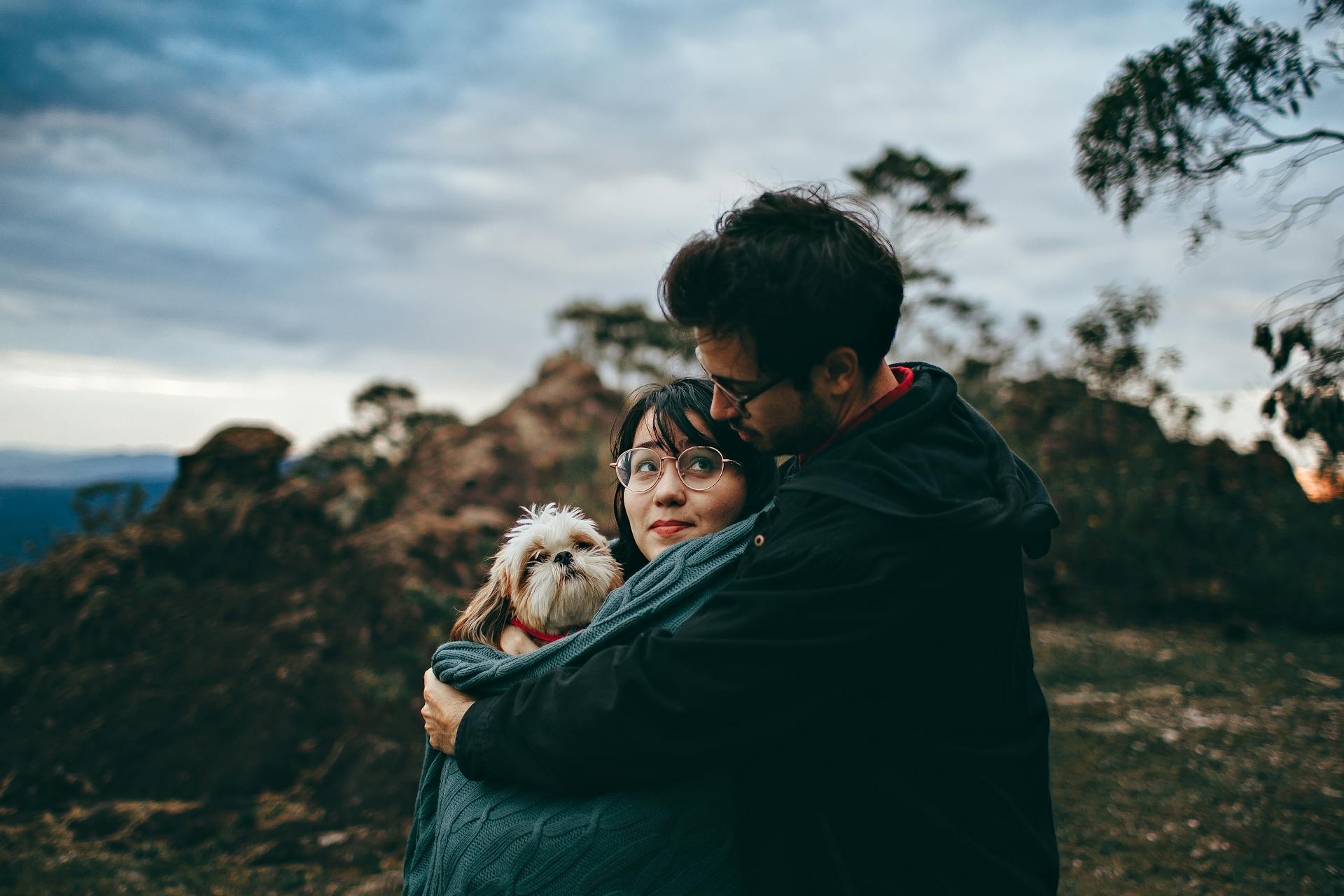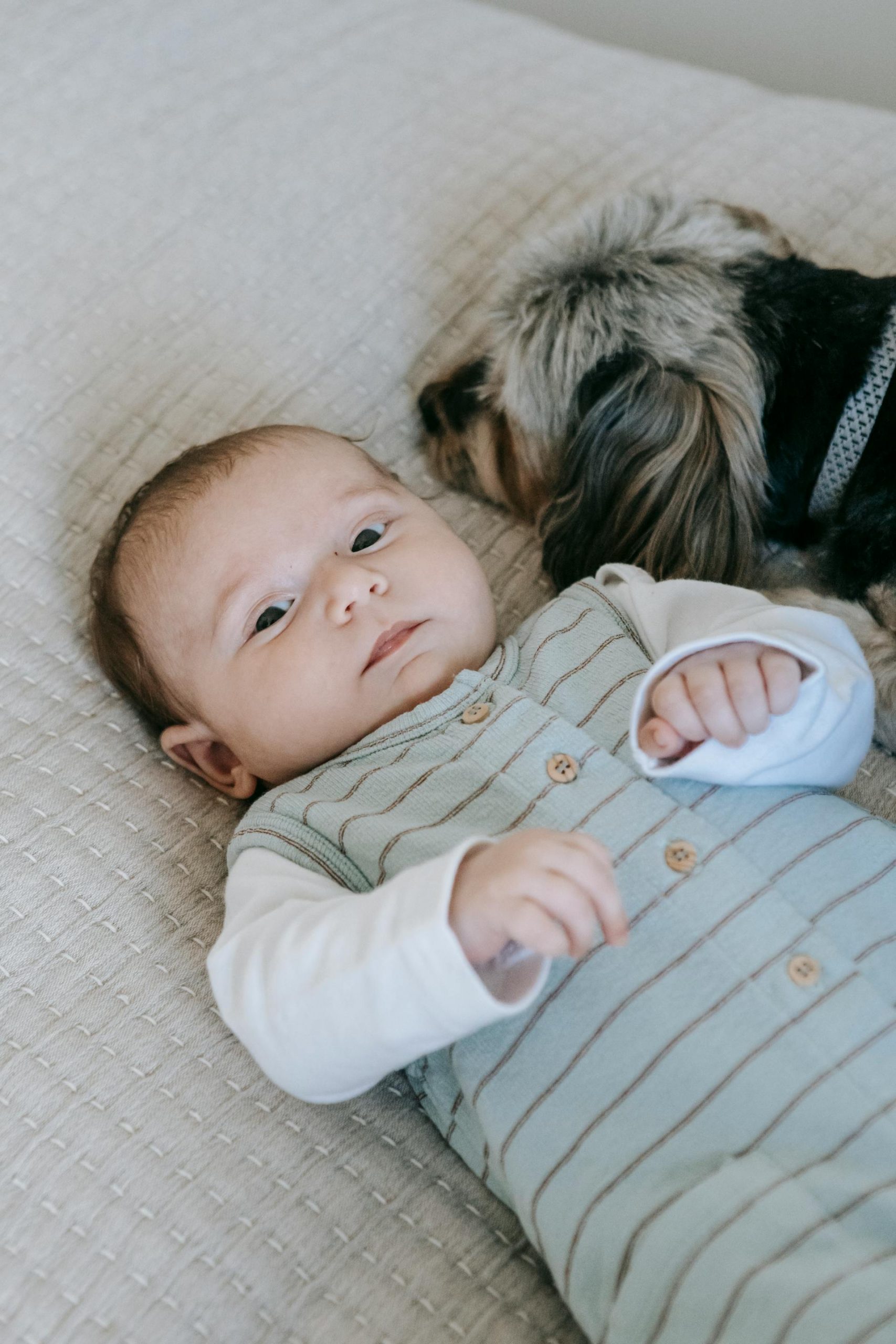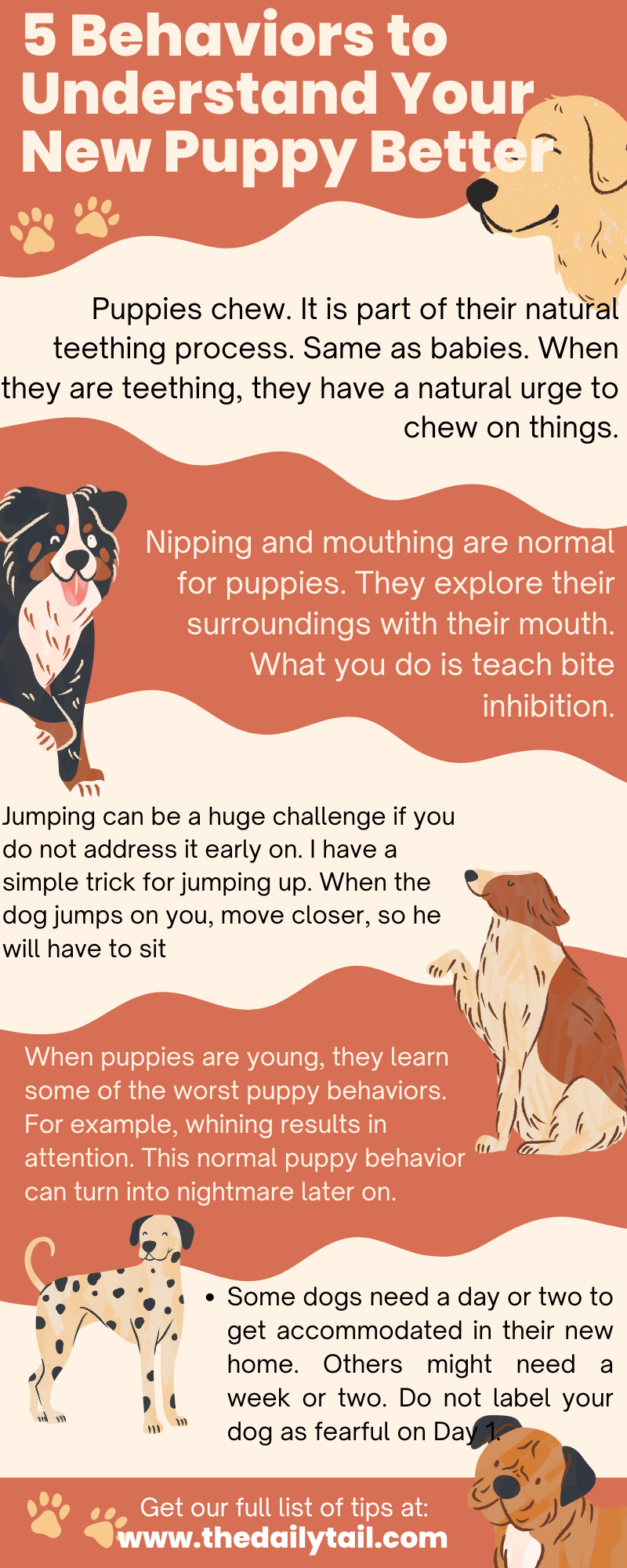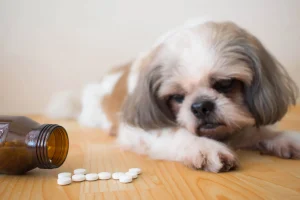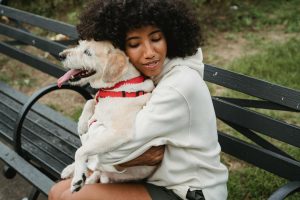I remember the first time I brought Milo home. The first week was confusing, to say the least. He was night and day. One minute he is calm, and the next moment he goes bananas.
Bringing home a new puppy is one of the most exciting moments for dog lovers. Wiggly tails, boundless energy, and a happy smile will light up your life in an instant.
Have you ever wanted to bring home a puppy? Now that the playful pup is in your household, you see a wagging tail daily. You are excited, booming with joy and confidence. Now, if you are a first-time dog owner, there might be some challenges ahead. And I am here to tell you about that.
Amidst the adorable chaos, understanding your pup’s behavior is the key to building a strong bond. Do you want a happy home for your family and your pet? I have you covered.
I have been around dogs for more than 30 years. And with each new puppy, we have to go through the same process. There is no other way around it. It is your job to get to know your dog and understand normal puppy behavior.
Let’s take a look at some critical behaviors you have to watch for in your young puppy.
The Joy of a New Puppy
The day I brought Milo home, he slept the whole day. He wouldn’t even interact with me. And then, when the night came, he burst with energy. His zoomies kicked in, he began chewing on toys, tried to chew on different furniture pieces, barked for attention, and went completely nuts.
You would think he had a bipolar personality. But that is how things go with new puppies. On the third day, I brought him to my parent’s house. He stood behind me and wouldn’t move. He didn’t want to interact with my parents.
But those are all things that are normal for a new puppy. You need to give them time to feel comfortable. I knew I will socialize him. I knew he was not a fearful or shy dog. I gave him time to feel secure and start interacting with people.
I got Milo when he was 38 days old. When he turned three months of age, I threw him a party. More than 20 people came to my house. He loved playing with each of them.
So, what I am trying to say is that with puppies, you have to give them time and freedom. Yet, there are certain puppy behaviors you should pay attention to. If left untreated, these behaviors can stay well into adulthood and cause challenges.
8 Behaviors to Watch Out For
Now let’s talk about some of the most challenging behaviors with a new puppy. You have to address these as soon as possible. Use positive reinforcement and patience to handle them and turn your puppy into a well-mannered dog.
Chewing
There is no other way around it. Puppies chew. It is part of their natural teething process. Same as babies. When they are teething, they have a natural urge to chew on things.
When Milo was little, he would try to chew on furniture, slippers, and everything else. But I knew I was bringing a terrier home. I knew the risks.
So, what I did was provide plenty of alternatives for chewing. Chew toys, of course. The more the merrier. Do not overdo it. If your dog learns that chewing will give him a toy instantly, it is a bad habit to have.
Playing too rough
Nipping and mouthing are normal for puppies. They explore their surroundings with their mouth. What you do is teach bite inhibition. Try to learn and understand the difference between playful nipping and potential aggression.
Watch play sessions with other dogs, children, and yourself. Redirect rough bad behavior or teach bite inhibition.
Whining
When puppies are young, they learn some of the worst puppy behaviors. For example, whining results in attention. This normal puppy behavior can turn into nightmare later on.
If you teach your dog that whining can result in something positive like food and attention, it is game over. They will whine until their last dying breath.
That doesn’t mean you should completely ignore and neglect them. But make sure to identify the trigger for whining. In 90% of cases, they will whine because they are bored.
Burn your dog’s energy and he will not whine.
Jumping Up
When puppies jump up, it is all cute and adorable. But imagine a large dog breed, learning that jumping up is fine. Imagine a grown German Shepherd jumping up on children. That is not a good sight, right?
Jumping can be a huge challenge if you do not address it early on. I have a simple trick for jumping up. When the dog jumps on you, move closer, so he will have to sit. Reward sitting and calm behavior.
Soon, your puppy will learn that jumping doesn’t result in rewards. Sitting does.
Potty Training Accidents
When I first got Milo, I had to wait almost two months for full vaccination. So, we used a potty area on the balcony. When he began going out, Milo would still have an occasional accident at home.
It is nothing to panic about. As long as you understand it. And it is not an underlying issue. For example, some puppies might go potty at home due to separation anxiety.
What you can do? Provide plenty of exercise and reward your dog for going potty outside. Soon, they will get the point. After a while, began phasing out treats for potty.
Or you can try my system. I took Milo out for potty. When he finished potty, we would play. After the third day, he understood that the sooner he goes potty, the sooner he can play.
Fearfulness
Some dogs need a day or two to get accommodated in their new home. Others might need a week or two. When my friend got his Golden Retriever, he panicked that the dog might be ill. His little puppy was sleeping and almost didn’t breathe.
That is strange for a Goldie, right? Well, every dog is different. I told him “do not panic”, but he still wanted to take his dog to the vet. He confirmed what I was saying, the dog was a bit fearful and anxious and needed time to settle.
Do not label your dog on the first day. Give him time.
Food Possessiveness
Resource guarding is a huge challenge for new owners. And sometimes, they do not even notice the signs. They are there early on. Your dog is guarding food and water bowls.
The best counter to this behavior is hand-feeding. It helps with resource guarding but also creates an even better bond between you and your puppy. The sooner you hand-feed, the better.
Separation Anxiety
Puppies do not like to be left alone for long periods. They suffer without their owner. It is something you have to work on.
Do it from the first day you bring your puppy home. Give him space. Do not smother your puppy with attention, petting, playing, and cuddling.
Let your dog feel safe on his own. That will help him grow into a confident and independent pet.
The Importance of Socialization
One of the most important things with young puppies is socialization. But I have to note, that most dog owners think of socialization as letting your dog play with other dogs.
Wrong! There are so many other aspects of socialization. For example, exploring new surroundings and new sounds. Or meeting different people. Does your dog react differently to children and elderly people? Or what about people with disabilities? People on bikes?’ Babies in a stroller?
You have to socialize your dog with everything. Let him meet new people. Let him sniff different environments. Reward every time he meets a baby. You will thank me later on.
How to Observe Your Young Puppy?
This is one mistake I have noticed with too many pet parents. They do not pay attention to their puppy when they are outside. For example, they go into a dog park, set their puppy free, and talk to other owners inside.
It is plain wrong. This is where you can observe your dog the best. See how he reacts and interacts with other animals. Interrupt play to get him to come to you. Be part of the fun, not an outsider!
Final Words
Puppies go through their socialization and learning phase between 2 and 8 months. I would say this is the most critical period of puppy development.
It is also the most challenging period for you, his dog owner. Pay attention to small details. The sooner you notice something, the sooner you can react.
And the more you react to problems, the higher chance you have of raising a well-behaved puppy.

